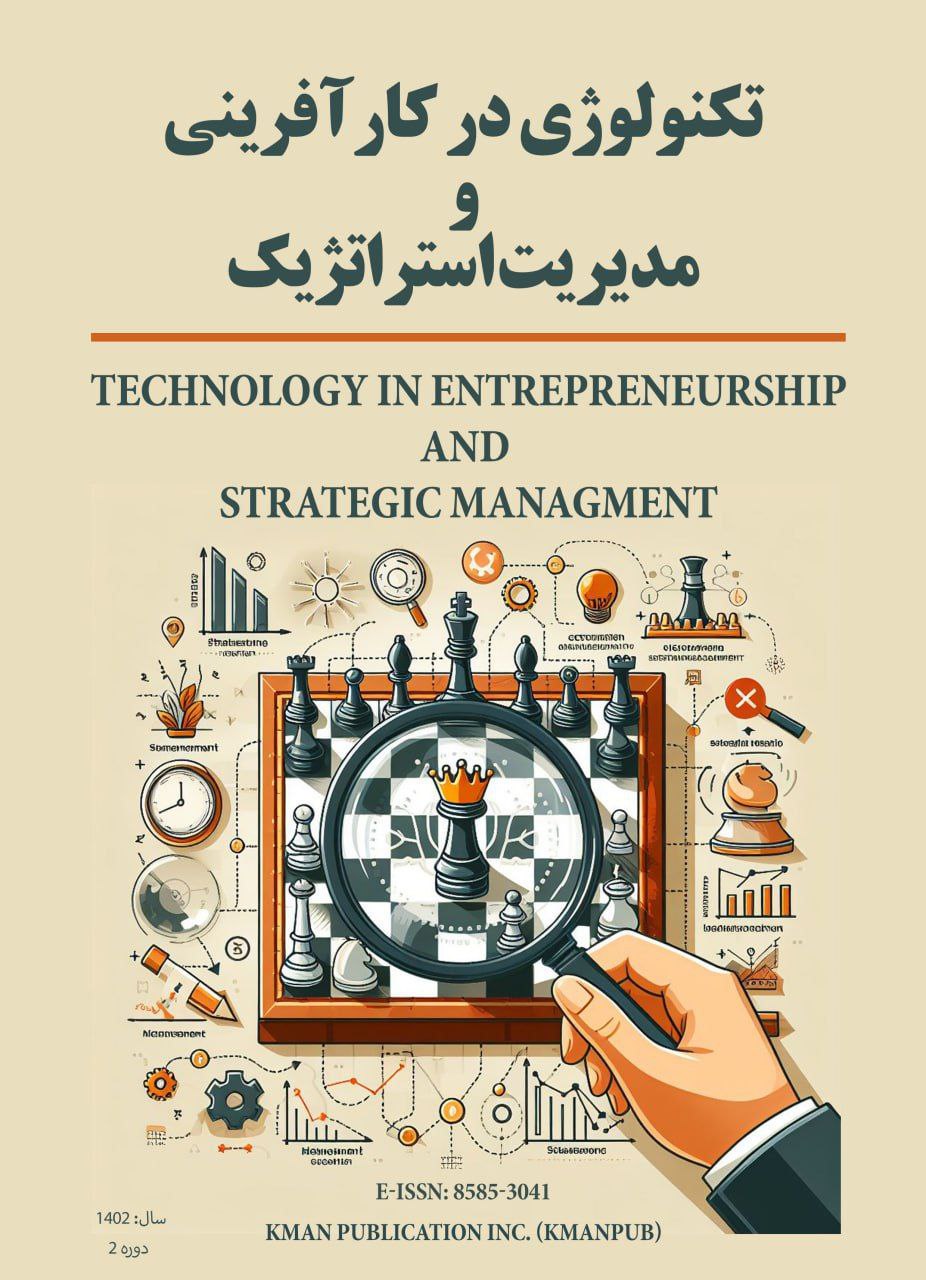بررسی چالشها و فرصتهای استفاده از هوش مصنوعی در مدیریت منابع انسانی
کلمات کلیدی:
هوش مصنوعی, مدیریت منابع انسانی, چالشها, فرصتها, تحلیل محتواچکیده
هدف از این مقاله بررسی چالشها و فرصتهای مرتبط با استفاده از هوش مصنوعی در عملکردهای مدیریت منابع انسانی است. این تحقیق به روش کیفی انجام شد و دادهها از طریق مصاحبههای نیمهساختاریافته با 28 نفر از مدیران منابع انسانی و کارشناسان هوش مصنوعی جمعآوری شدند. تجزیه و تحلیل دادهها با استفاده از روش تحلیل محتوا انجام گرفت. دو موضوع اصلی شامل چالشها و فرصتها شناسایی شدند. چالشها شامل مقاومت سازمانی، نگرانیهای اخلاقی، محدودیتهای فناوری و افزایش نیاز به مهارتهای جدید بودند. فرصتها نیز شامل بهبود کارایی، تصمیمگیری بهینه، ارتقاء تجربه کارکنان، دسترسی به استعدادهای جدید و افزایش ابتکار و نوآوری بودند. استفاده از هوش مصنوعی در مدیریت منابع انسانی میتواند فرصتهای قابل توجهی را برای بهبود عملکرد سازمانی فراهم کند. با این حال، برای مواجهه با چالشهای اخلاقی و تکنولوژیکی، نیاز به رویکردهای مدیریتی مسئولانه و متعهد به توسعه پایدار است.
دانلودها
مراجع
Arslan, A., Cooper, C. L., Khan, Z., Gölgeci, İ., & Ali, I. (2021). Artificial Intelligence and Human Workers Interaction at
Team Level: A Conceptual Assessment of the Challenges and Potential HRM Strategies. International Journal of
Manpower. https://doi.org/10.1108/ijm-01-2021-0052
Charlwood, A., & Guenole, N. (2022). Can HR Adapt to the Paradoxes of Artificial Intelligence? Human Resource
Management Journal. https://doi.org/10.1111/1748-8583.12433
Ćormarković, T., Dražeta, L., & Njeguš, A. (2022). The Levels of Artificial Intelligence Application in Human Resource
Systems. The European Journal of Applied Economics. https://doi.org/10.5937/ejae19-39535
Ganer, S. D., Kediya, S. O., Suchak, A. K., Dey, S. K., & Band, G. (2022). Analytical Study of HRM Practices in Industry 5.0.
Iop Conference Series Materials Science and Engineering. https://doi.org/10.1088/1757-899x/1259/1/012041
Herawati, A., Suhermin, S., Anisah, H. U., & Sambung, R. (2021). Industrial Revolution 4.0: What Should Be Prepared for the
Next Stage? Jurnal Inovasi Ekonomi. https://doi.org/10.22219/jiko.v6i01.14899
Ho, A. (2020). Are We Ready for Artificial Intelligence Health Monitoring in Elder Care? BMC Geriatrics.
https://doi.org/10.1186/s12877-020-01764-9
Islami, K., & Sopiah, D. (2022). Artificial Intelligence in Human Resources in the Era of Society 5.0. International Journal of
Research and Innovation in Social Science. https://doi.org/10.47772/ijriss.2022.61131
Liu, S., Li, G., & Xia, H. (2021). Analysis of Talent Management in the Artificial Intelligence Era.
https://doi.org/10.2991/aebmr.k.210218.007
Ristyawan, M. R. (2020). An Integrated Artificial Intelligence and Resource Base View Model for Creating Competitive
Advantage. Gatr Journal of Business and Economics Review. https://doi.org/10.35609/jber.2020.5.1(4)
Rožman, M., Oreški, D., & Tominc, P. (2022). Integrating Artificial Intelligence Into a Talent Management Model to Increase
the Work Engagement and Performance of Enterprises. Frontiers in psychology.












